24/7 Helpline:
(866) 899-221924/7 Helpline:
(866) 899-2219
Learn more about Couples Rehab centers in Harrison County

Other Insurance Options

Meritain

Optima

BlueCross

Aetna

Multiplan

Covered California

Optum

State Farm

EmblemHealth

BlueShield

Health Choice

Premera

BHS | Behavioral Health Systems

Ceridian

CareFirst

Oxford

Self-pay options

Excellus

GEHA

Access to Recovery (ATR) Voucher

Mississippi Drug & Alcohol Treatment Center
Mississippi Drug & Alcohol Treatment Center is a family-owned resort-style facility where clients re...

New Season – Biloxi Treatment Center
New Season - Biloxi Treatment Center is a private rehab located in Biloxi, MS. New Season - Biloxi T...

Gulf Coast Mental Health Center – Crisis Stabilization Unit
Gulf Coast Mental Health Center (GCMHC) is a behavioral health and substance abuse treatment facilit...

Gulf Coast Mental Health Center
Gulf Coast Mental Health Center is community mental health center providing a wide range of mental h...

Gulf Coast Mental Health – Crossroads Recovery Center
Gulf Coast Mental Health - Crossroads Recovery Center is community mental health center providing a ...

Specialized Treatment Facility
Specialized Treatment Facility is a public rehab located in Gulfport, Mississippi. Specialized Treat...

Oxford House Big Lake
Oxford House Big Lake is a non-profit organization located in Biloxi, MS. Oxford House Big Lake help...

Merit Health – Psychiatric
Merit Health – Psychiatric is a private rehab located in Biloxi, Mississippi. Merit Health – Psychia...





























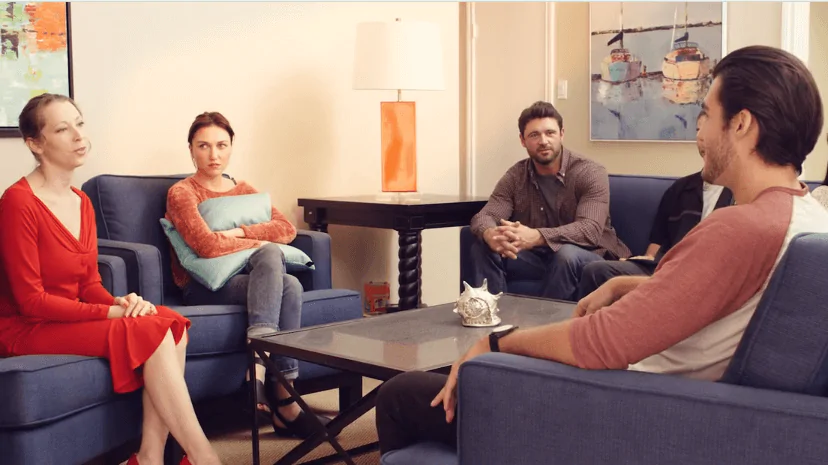


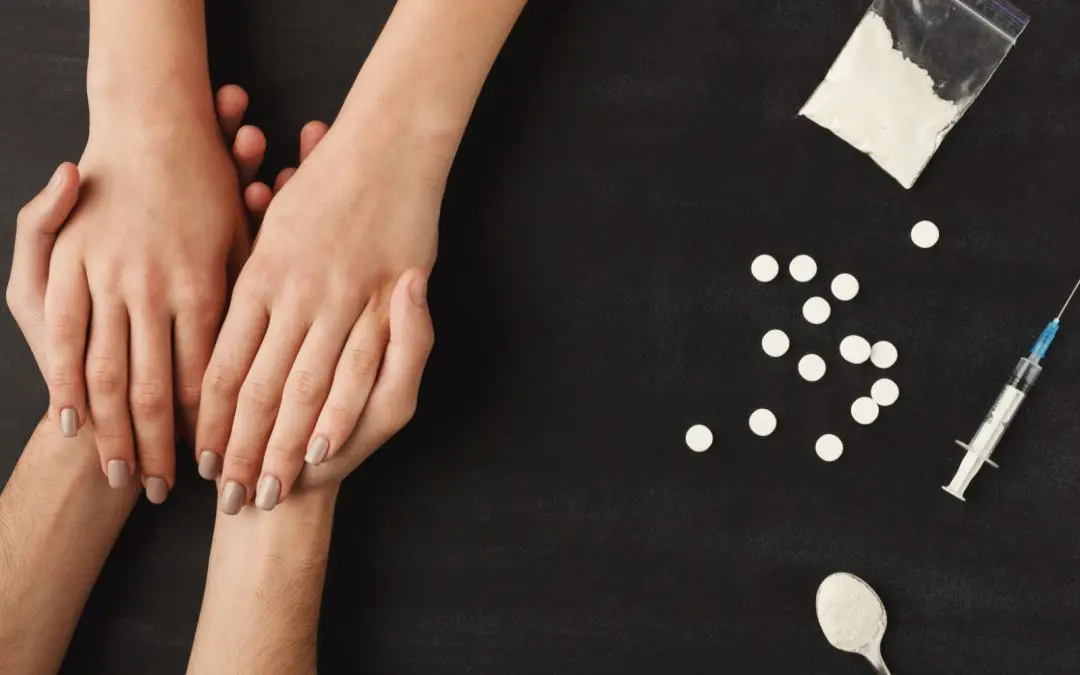
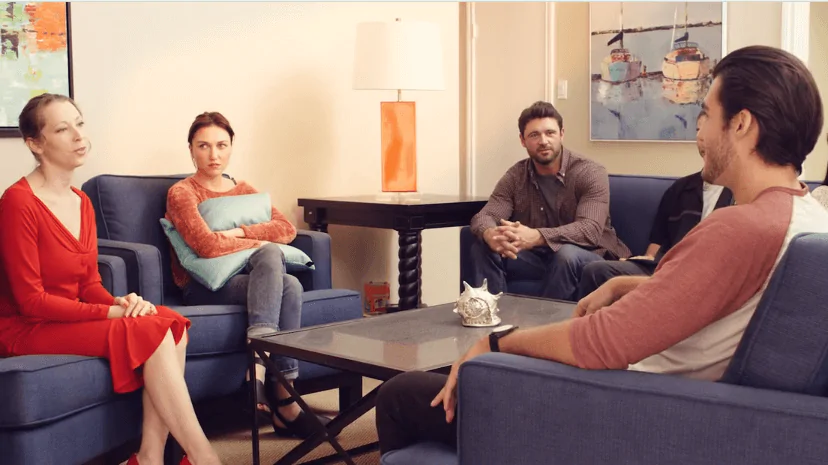

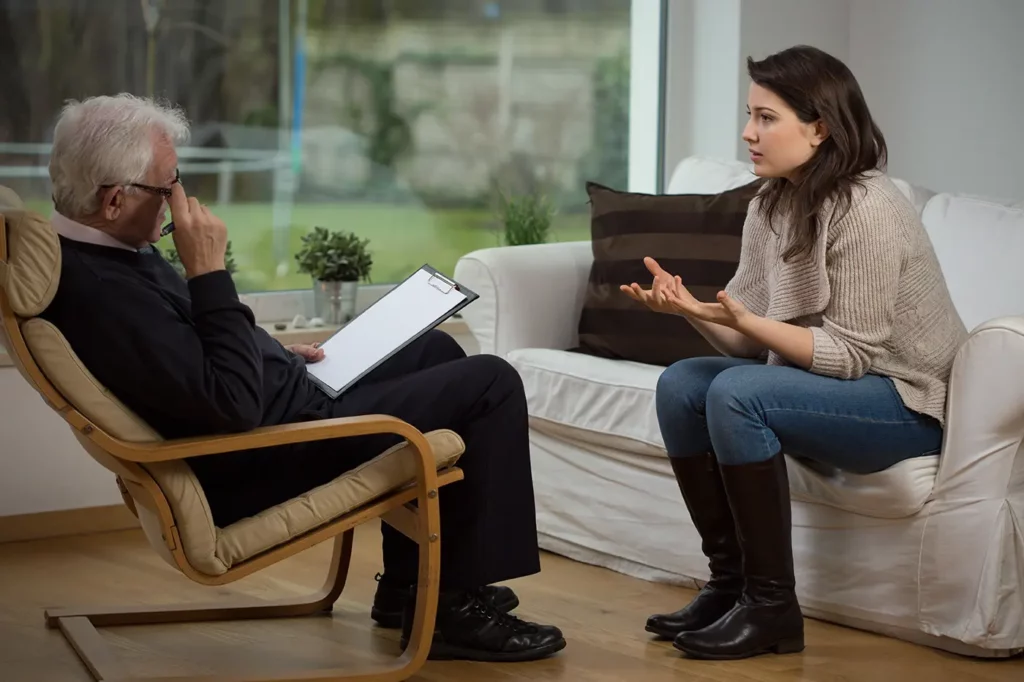
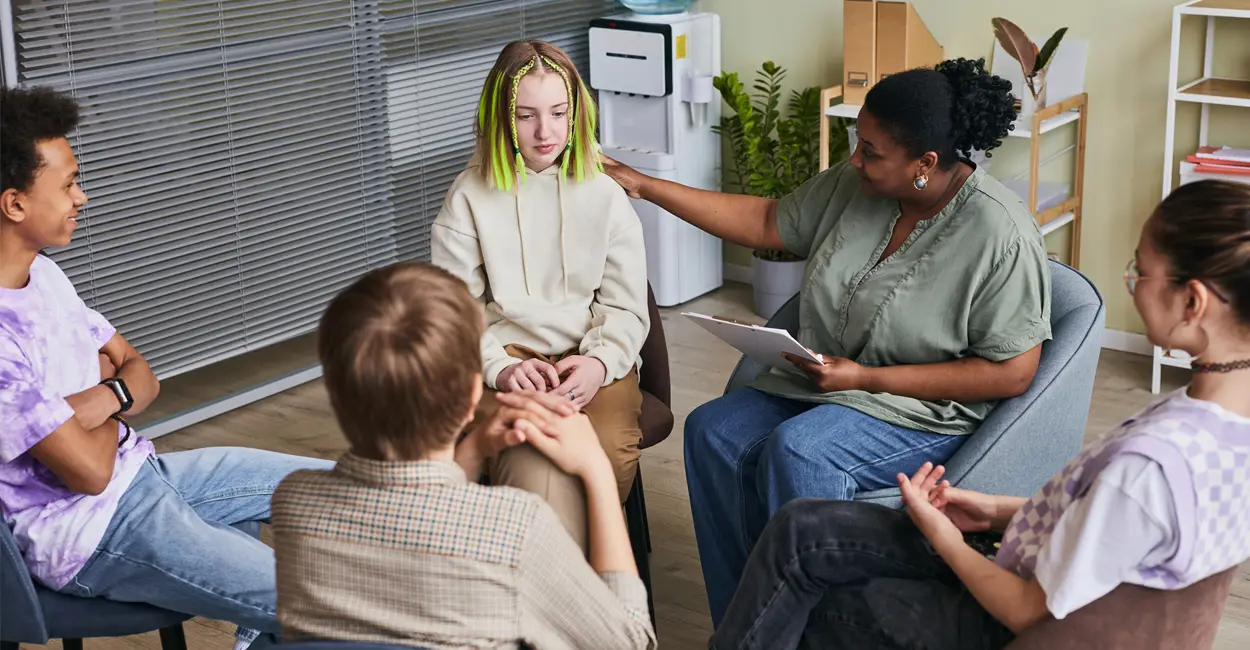
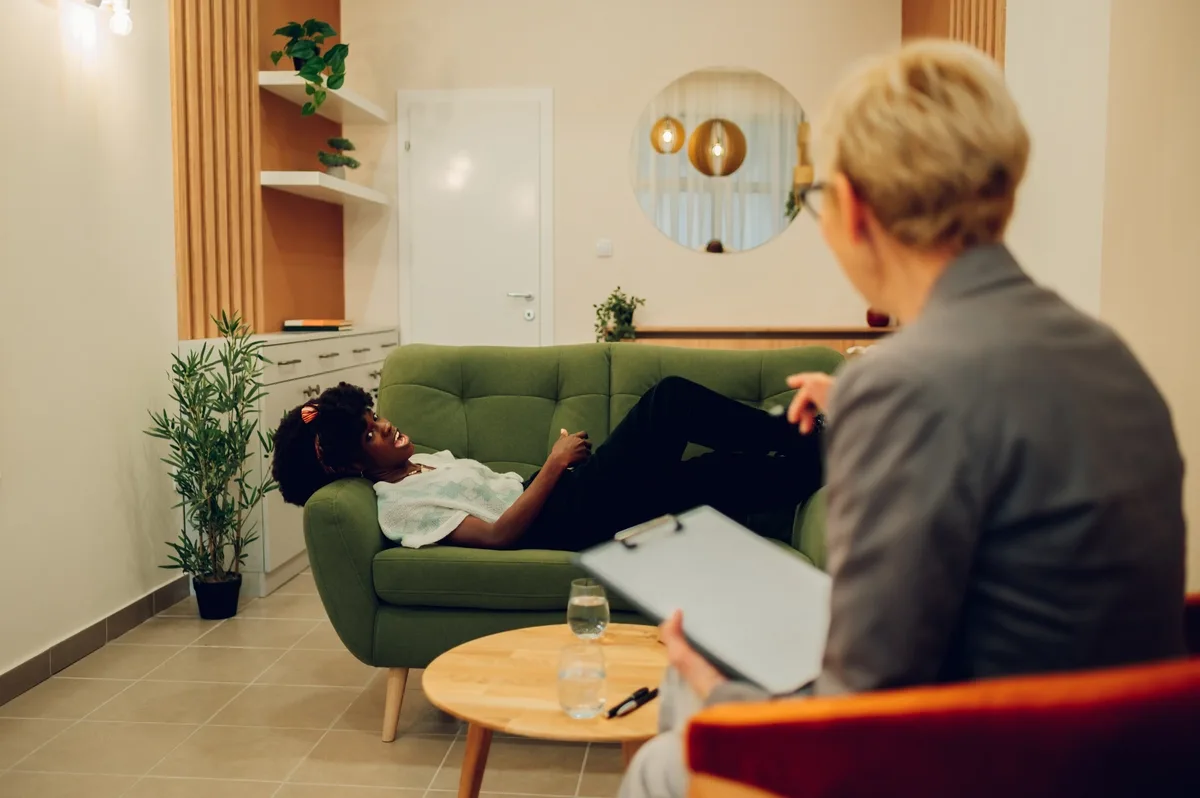
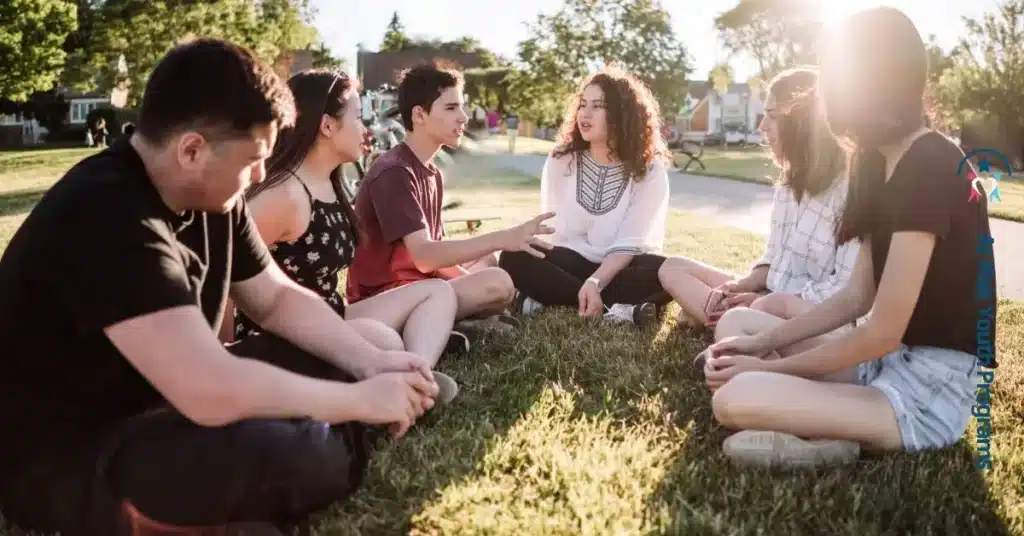
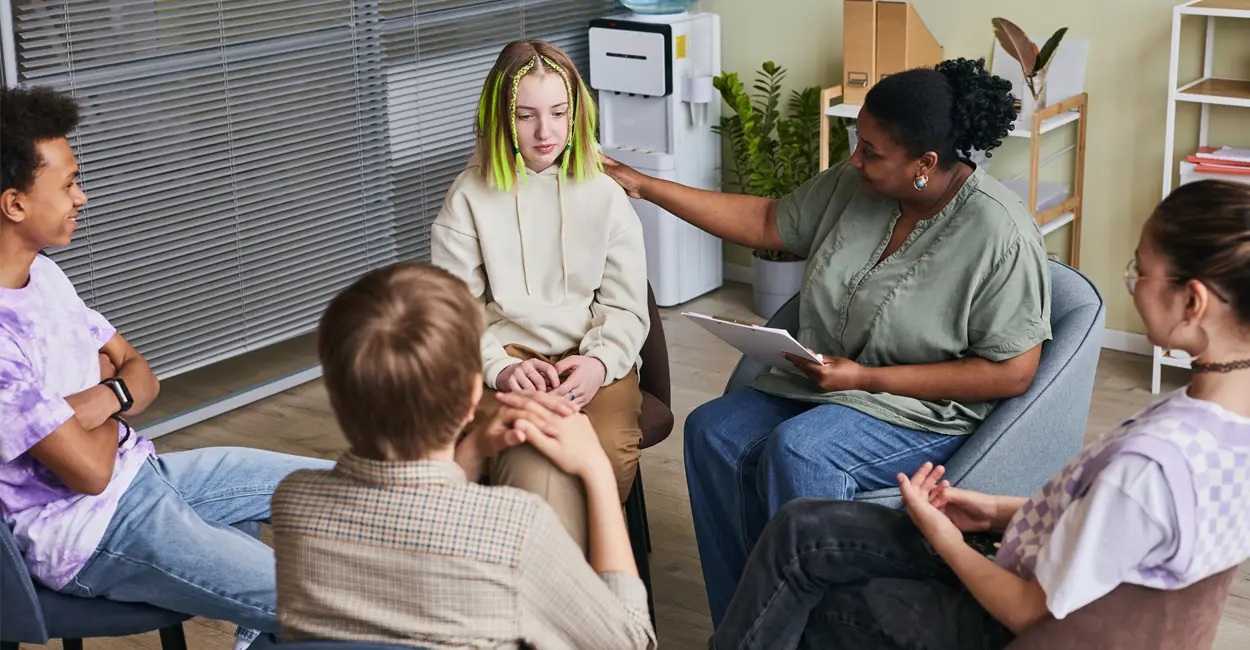


Gulf Coast Mental Health Center – New Hope House
Gulf Coast Mental Health Center - New Hope House offers residential care for adults with serious psy...

Gulf Coast Mental Health Center
Gulf Coast Mental Health Center is community mental health center providing a wide range of mental h...

Canopy Children’s Solutions
Canopy Children’s Solutions is a private rehab located in Gulfport, Mississippi. Canopy Children’s S...

















